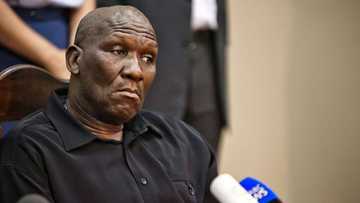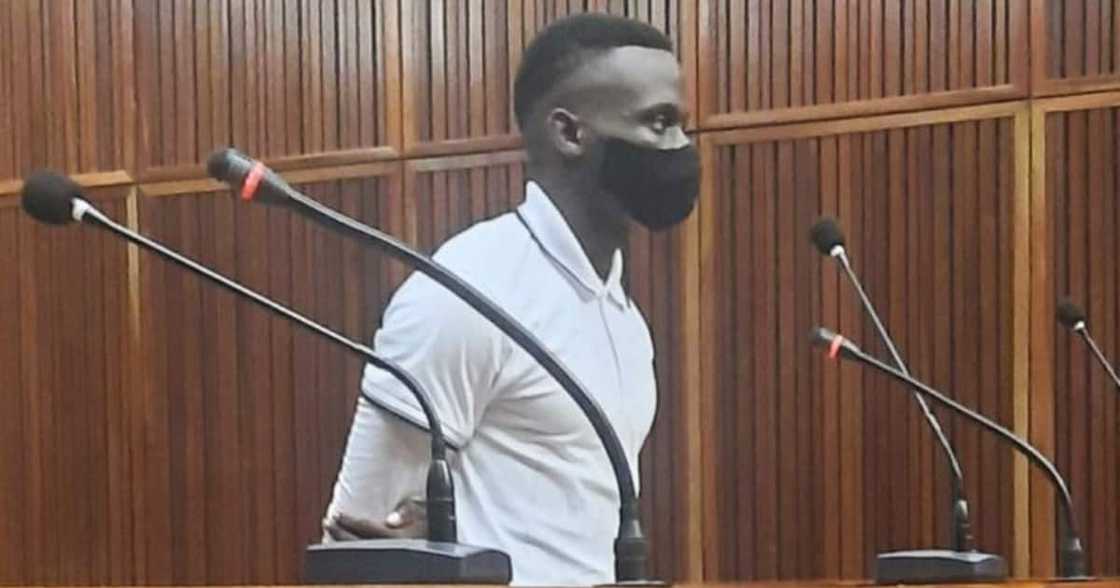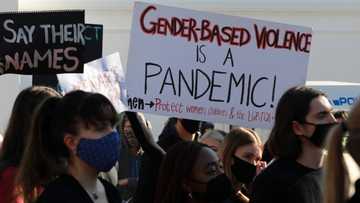Criminal Who Used Facebook to Lure His Victims Sentence to Prison After Being Found Guilty
- Robert Baloyi, aged 21, has been sentenced to jail for sexual assault, robbery and theft following his trial at the Polokwane High Court
- Baloyi, known as the Facebook rapist, was sentenced to 10 years for rape, 10 years for robbery and two years for theft
- The judge ruled that the sentences would run concurrently adding up to the hefty sentence of 22 years in jail
PAY ATTENTION: Follow Briefly News on Twitter and never miss the hottest topics! Find us at @brieflyza!
POLOKWANE - A man known as the Facebook rapist has been sentenced to 10 years in prison for two counts of rape, 10 years for robbery and an additional two years for theft. The sentences will run concurrently, totally to 22 years.
Robert Baloyi (21) used Facebook to lure his victims and was sentenced by the Polokwane High Court on Wednesday.

Read also
Bheki Cele releases South Africa's 1st quarter crime stats, murder rate increases by 22% from last year

Source: Twitter
News24 reported that Baloyi assaulted four victims aged 15-22 outside Polokwane in Extention 71A between August 2019 and October 2020. Court testimony revealed that Baloyi posed as a tattoo artist and offered free tattoos as a marketing strategy to lure in victims.
He would then use a weapon to threaten his victims and force them to undress. He would then rape them and steal their cash and cell phones. He took photos of his victims and threatened to post the pictures on social media if they reported him to the police according to the Daily Sun.
PAY ATTENTION: Follow us on Instagram - get the most important news directly in your favourite app!
"Police re-victimised me": 4 Women share their harrowing GBV experiences
Earlier, Briefly News reported that South African women are frustrated with the current state of gender-based violence in South Africa. Briefly News spoke to four women who shared their experiences and hope for South Africa.

Read also
"Not even the police protect women": 4 Women share harrowing experiences of assaults and re-victimisation by cops
Gender-based violence gets thrown into the spotlight every single year and it usually takes high-profile cases that create outrage in what has been called a pandemic by President Cyril Ramaphosa.
The deaths of women like Reeva Steenkamp in 2014, Karabo Mokoena in 2017, Zolile Khumalo in 2018, Uyinene Mrwetyana in 2019, Tshegofatso Pule in 2020 and Nosicelo Mtebani in 2021 were all talked about in mainstream media and had South Africans think about the prevalence of crimes against women.
Source: Briefly News

